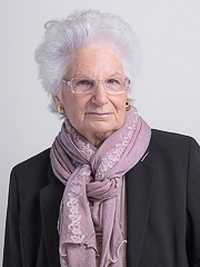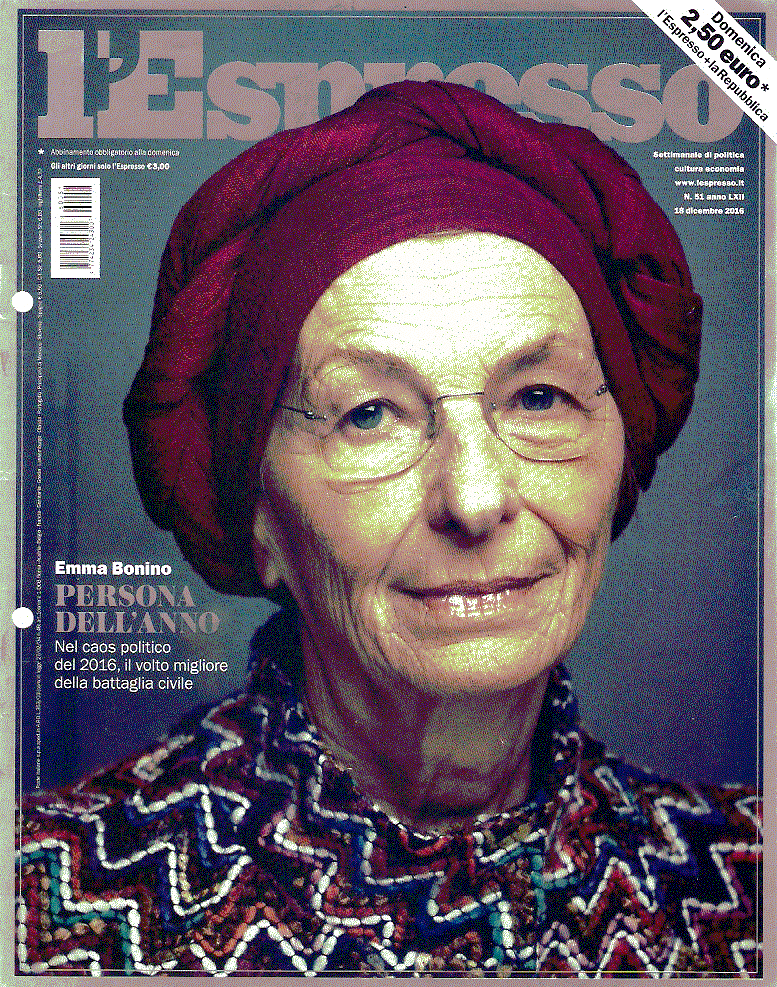A female head of state would send a strong message about the role of women in the world to large swathes of traditional society

Italy has never had a female head of state; not even a prime minister. In February, the republic will swear in a new president: Sergio Mattarella’s 7-year mandate is coming to an end. Politicians have been discussing over the past months who’s going to replace him. Parliament may elect Mario Draghi or even Silvio Berlusconi. Or a woman. Marta Cartabia, justice minister? Anna Maria Tarantola, Bank of Italy’s ex-deputy? Emma Bonino, senator and ex-minister? Elisabetta Casellati, Senate president? Who knows.
One thing’s certain though, it definitely won’t be Liliana Segre, despite many progressives rooting for her. The 91-year-old Jew, a Nazi concentration camp survivor, has often said how thrilled she is about the support she gets (she’s also been on the receiving-end of death threats and has a police escort), but for this role she feels she’s too old .
Are Italians really that interested in the presidential “race”? They should be; parliament, which they have elected, represents them, and it will be voting on their behalf. Not only that. The president of a so-called “parliamentary republic” is less powerful than that of a “presidential republic” – such as in France or Turkey – where the prerogatives of a prime minister are fewer because the president is more empowered than say, Germany or Italy’s. This is for historic reasons; recent dictatorships lead the latter to a ground zero of sorts by the end of World War II, hence the need to avoid leaving it to a “strong man” to play the role of the nation’s chief.
Yet, Italy’s president is more powerful than commonly thought, because he can step in and assist parliament in establishing a government when it has run out of fuel owing to one crisis or the other – an all too common trait of the Roman political landscape. In the past, he’s been crucial in determining whether a government could survive or not.
Imagine, then, a role being played by a woman in such a tradition-heavy country. A country where the Catholic Church, which forbids women from becoming leaders – unlike the Anglican Church, catholic women can’t be bishops, let alone priests – still exerts a considerable influence not only on society but, clearly, on national politics.
You may wonder what kind of influence that is; what are the practical implications. Take abortion, for example: legally allowed, but in practice very difficult to access. Doctors are entitled to opt out, if they so choose, using the legal “conscience objection” get-out clause. The Church has always tried to persuade as many doctors as they can, also via its own media and broadcasters (the Pope and his team run their own Twitter account). In practical terms, abortion can mean a woman has to travel several hundred miles up or down the country until she finds the right doctor.

Definitely not a country for women, young or old, as if this were about a Hollywood or Cinecittà (Rome’s studios) horror movie. This time, change must come from above via representative democracy. Consider this: last week, a female sports journalist was reporting on a televised top football match. A hooligan came right up to her and pinched on the bum. It’s all on camera. It happened right infront of an enormous stadium. A professional setting. The woman was working. The male presenter in the studio told her that nothing had happened, “come on now, don’t take it badly,” he told her as she stopped her commentary there and then, and went straight to the police.
A female president – una Presidentessa – of a patriarchal republic, where women are regarded as Serie B citizens (to borrow sports terminology), may not change things overnight; but it might mean that Italian society starts looking at its women in a different light. And about time too.
(Written by Alessio Colonnelli on 1 December 2021. Republished by Mediapart on 4 January 2022. Twitter: @co1onne11i.)